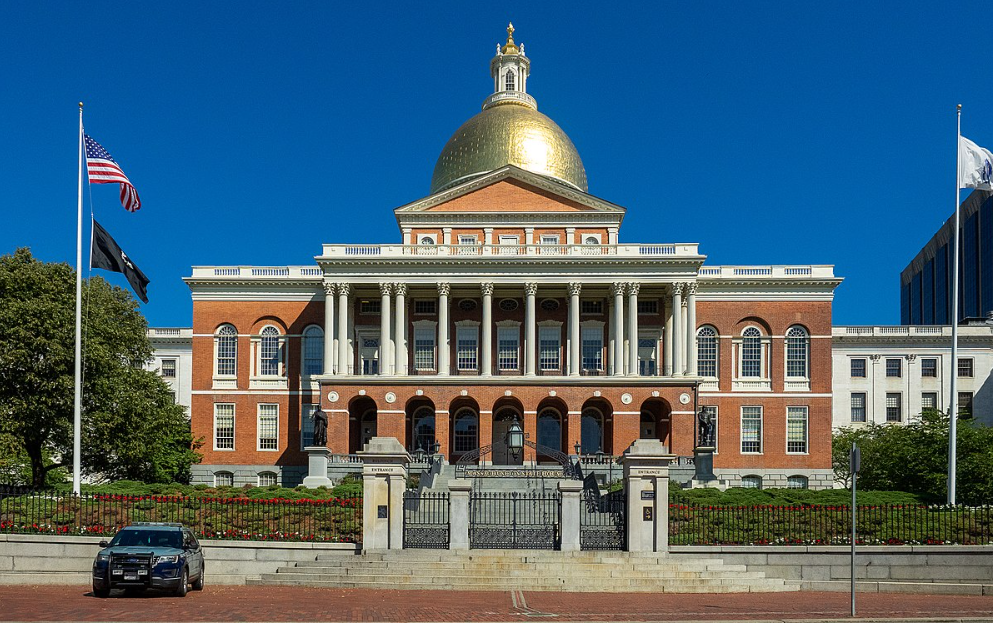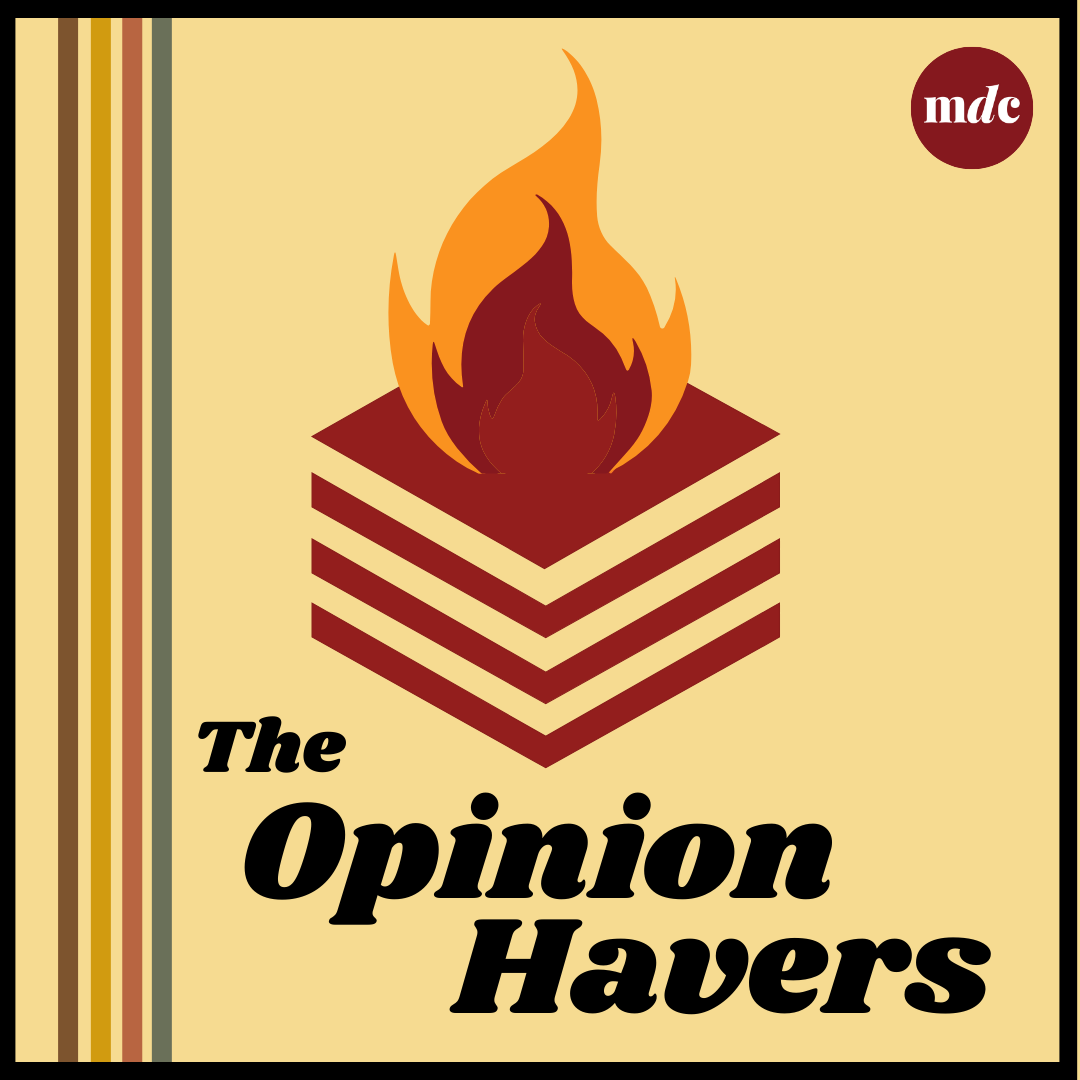
Last month, the National Book Awards (NBA hereafter, and although I know that the acronym is the same as the one for the National Basketball Association, just try to remember it’s not) announced the finalists for each of their four categories: fiction, nonfiction, poetry and young adult. In case you didn’t already know, winning an NBA is a big deal: you’re paid $10,000; your book is plucked from obscurity and moved to the front of displays and put in the windows of bookstores around the country; you gain heavyweight credential in the literary world, allowing you to probably acquire and hold any number of jobs – all of which allow you to write more and with better options for publishing and greater financial security, two things that do not come easily for most professional writers. Plus, you receive a bronze statue, a little book-Oscar.
The NBA started in 1950 and was funded by the American Book Publishing Council, the Book Manufacturer’s Institute and the American Bookseller’s Association – three trade organizations. They’ve flip-flopped around a lot since 1950, adding and subtracting awards and such, but now there are only those four categories, which are judged by a panel of five writers chosen afresh each year. Last year, on the fiction panel, was the University of Massachusetts Master of Fine Arts’ own Sabina Murray. Most every famous contemporary writer you’ve ever heard of has won the award – Jonathan Franzen, Philip Roth, Flannery O’Connor, Allen Ginsberg, John Updike (and now I’m noticing a whole lot less women than men to even out my list) – and you’ve probably heard of them because they’ve won the award.
If you’ve won an NBA it becomes a prefix to your name. You’re not John Doe, you’re National Book Award-winning author John Doe. Last semester, I went to a small Q&A with a well-known nonfiction writer, and, even though there were only about six of us in the room, a professor thought she should read a long bio of the author, one that made sure to mention she’d been an NBA finalist, as if the author couldn’t begin to speak with any authority until everybody in the room knew this.
This October, though, the NBA goofed, announcing that the book “Shine” by Lauren Myracle made the shortlist of five books for the young adult category, when in fact it had not.
Anyways, Myracle said in a New York Times piece that she was “over the moon” about her nomination, as anyone would be, and so were many other people, partly because the book is about a gay teenager who is the victim of a hate crime. The NBA panicked and added a sixth book, “Chime,” to its normally five book long list – yes, they clearly mixed up Shine with Chime – but then balked, calling Myracle, and asked her to withdraw the book a couple days later.
Art is always one step ahead of the game. Generally, it takes a little while for everyone to get on board. Think of all the genius artists who’ve been questioned and berated and met with violent opposition, only for everyone to agree later that they were brilliant. Actually, try to think of an artist that never met this type of opposition. The ever-shifting conditions of the present moment, working on somebody’s mind as they create, make new and weird things that people don’t really know what to think of yet. Art, especially books, brings up a kind of anxiety: what is this thing I’m reading? Is it any good? Should I be enjoying this? Does it say anything important? How will I know? Even Greek art, the basis of western culture, what we consider incontestably to be the standard of art, is entirely strange: myths could not be any stranger. Or, say, the Statue of David from the Renaissance, universally hailed as a masterpiece: a seventeen foot tall, completely naked, absolutely perfect human. Their strangeness is a necessary quality of their being art at all.
So Myracle withdrew the book, but not without requesting the NBA devote $5,000 to the Matthew Shepard Foundation, which raises awareness about gay youth, to which the NBA obliged. Problem solved, everybody gets a break. And, last week, the NBA aired its awards ceremony in a live webcast for the first time ever. Awards were given out and winners were announced, so everyone could watch the process of literature growing up, moving from the shaky and uncertain adolescence it inhabited in people’s minds before official recognition, into adulthood as important, serious, real, art.
Geoff Noble is a Collegian contributor. He can be reached at [email protected].












